By the 1970s, full-length colorized films had been mainstream for decades, but whether for budgetary or artistic reasons, a number of filmmakers chose to make black-and-white movies, popularizing a cinematic trend that still exists to this day. Now, it's hard to ignore the fact that some of the best films from the '70s masterfully used color to tell their respective stories. The eye-popping hues of Willy Wonka & the Chocolate Factory brought Roald Dahl's whimsical world to life, while the reds, yellows, and oranges of Francis Ford Coppola's Apocalypse Now visually articulated the horrors of war.
By that same token, though, many of the directors who opted for black-and-white color schemes in the 1970s also created films that strongly resonated with audiences. Some of these movies dealt with harsh themes that were best explored through a more stripped-down visual style, while others told stories of a bygone era that were more effectively told through the use of older technology. Here are the 10 best black-and-white movies of the 1970s.
10 Johnny Got His Gun (1971)
Renowned screenwriter Dalton Trumbo made his directorial debut with Johnny Got His Gun, based on his 1938 novel of the same name. Starring Timothy Bottoms, Marsha Hunt, Jason Robards, and Donald Sutherland, the anti-war film was shot in black and white for the hospital scenes and in color during the dream and memory sequences.
Why it Belongs Among the Best
Critics praised Johnny Got His Gun for its stark portrayal of an American soldier in World War I (Bottoms) who loses his limbs, eyes, ears, mouth, and nose after being hit by an artillery shell (despite its subject matter, Roger Ebert wrote that the film was not "so much anti-war as pro-life."). While audiences didn't necessarily flock to see the movie during its theatrical release, it experienced a cult resurgence after Metallica used clips from the film in the music video for their 1989 hit One.
Stream on Tubi
9 The Last Picture Show (1971)
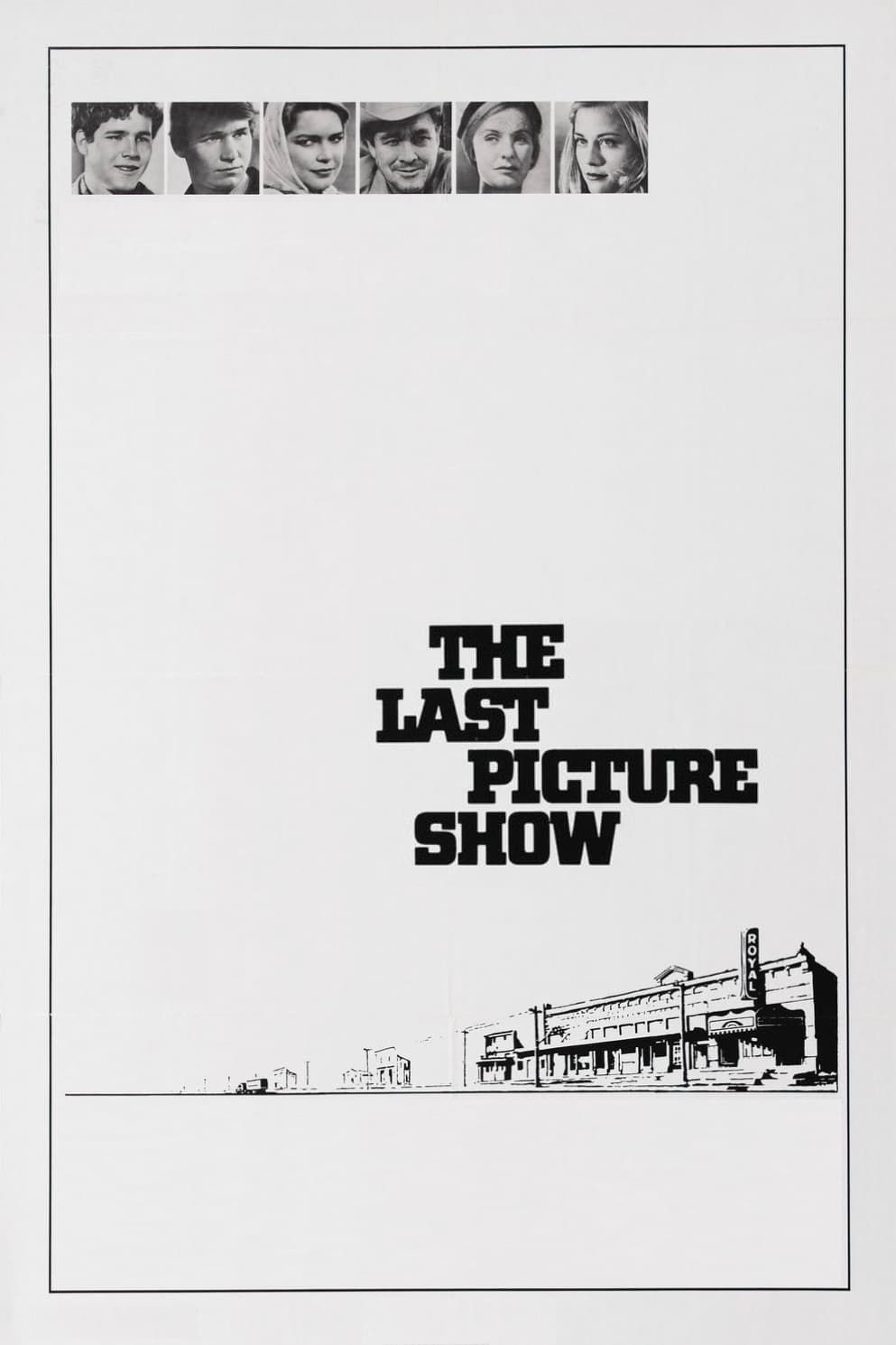
The Last Picture Show
- Release Date
- October 3, 1971
- Director
- Peter Bogdanovich
- Cast
- Timothy Bottoms, Jeff Bridges, Cybill Shepherd, Ben Johnson, Cloris Leachman, Ellen Burstyn
- Rating
- R
- Main Genre
- Drama
The Last Picture Show, Peter Bogdanovich's second feature, is a coming-of-age movie set in the small North Texas town of Anarene in the early 1950s. Adapted from Larry McMurtry's semi-autobiographical novel of the same name, the movie marked Jeff Bridges's first major big-screen acting role, and also starred Timothy Bottoms, Cybill Shepherd, Cloris Leachman, and Ellen Burstyn.
Why it Makes the List
Both a critical and commercial success, The Last Picture Show earned eight Academy Award nominations and raked in $29.1 million on a budget of $1.3 million. Winning two Oscars (Cloris Leachman for Best Supporting Actress and Ben Johnson for Best Supporting Actor), the influential movie is preserved in the United States National Film Registry for being "culturally, historically or aesthetically significant."
Stream on Fubo
8 Paper Moon (1973)
Two years following the release of The Last Picture Show, Peter Bogdanovich again showed his skill as a young filmmaker with Paper Moon. The road dramedy stars Ryan O'Neal as a con man and Tatum O'Neal, his real-life daughter, as a young orphan who joins him in his Bible-selling scams.
Why it's One of the Best
Bogdanovich's direction and Alvin Sargent's strong screenplay helped make Paper Moon a classic, but Tatum O'Neal steals the show as the precocious Addie. At the age of 10, O'Neal won the Academy Award for Best Supporting Actress, making her the youngest competitive winner in Oscars history. Paper Moon earned an additional three Oscar nominations: Best Adapted Screenplay, Best Sound, and Best Supporting Actress for Madeline Kahn.
Stream on Max
7 Alice in the Cities (1974)
Best known for Paris, Texas and Wings of Desire, German filmmaker Wim Wenders had his directorial breakout with Alice in the Cities in 1974. The first part of Wenders's "Road Movie trilogy" (followed by The Wrong Move in 1975 and Kings of the Road in 1976), the movie tells the story of a journalist (Rüdiger Vogler) who temporarily cares for a young girl (Yella Rottländer) after meeting her and her mother at a New York City airport.
Why Alice in the Cities Belongs Here
Winning Best Film at the German Film Critics Association Awards, Alice in the Cities earned significant praise for its cinematography and Rottländer's performance as the titular Alice. Fans of Paper Moon will no doubt be drawn to Wenders's road trip movie, which, despite its surface-level similarities to Bogdanovich's film, possesses a distinct charm that caters to both American and European audiences.
Rent on Apple TV
6 Lenny (1974)
Bob Fosse's Lenny offers a bold look at boundary-pushing comedian Lenny Bruce, who tragically died of a morphine overdose in 1966. Based on the 1971 play by Julian Barry and starring Dustin Hoffman in the title role, the movie follows the highs and lows of Bruce's career, from his peak in the mid-'50s and early '60s to his decline in health and arrests for obscenity in the mid-'60s.
Why Lenny Is One of the Best
Jumping between various points in Lenny Bruce's career, Fosse's film is a stylized account of one of the greatest comedians of all time, with the black and white color scheme depicting Bruce as he was seen on television sets at the time. Lenny was nominated for six Academy Awards, including Best Picture, Best Director, and Best Actor for Hoffman.
Stream on Prime Video
5 Young Frankenstein (1974)
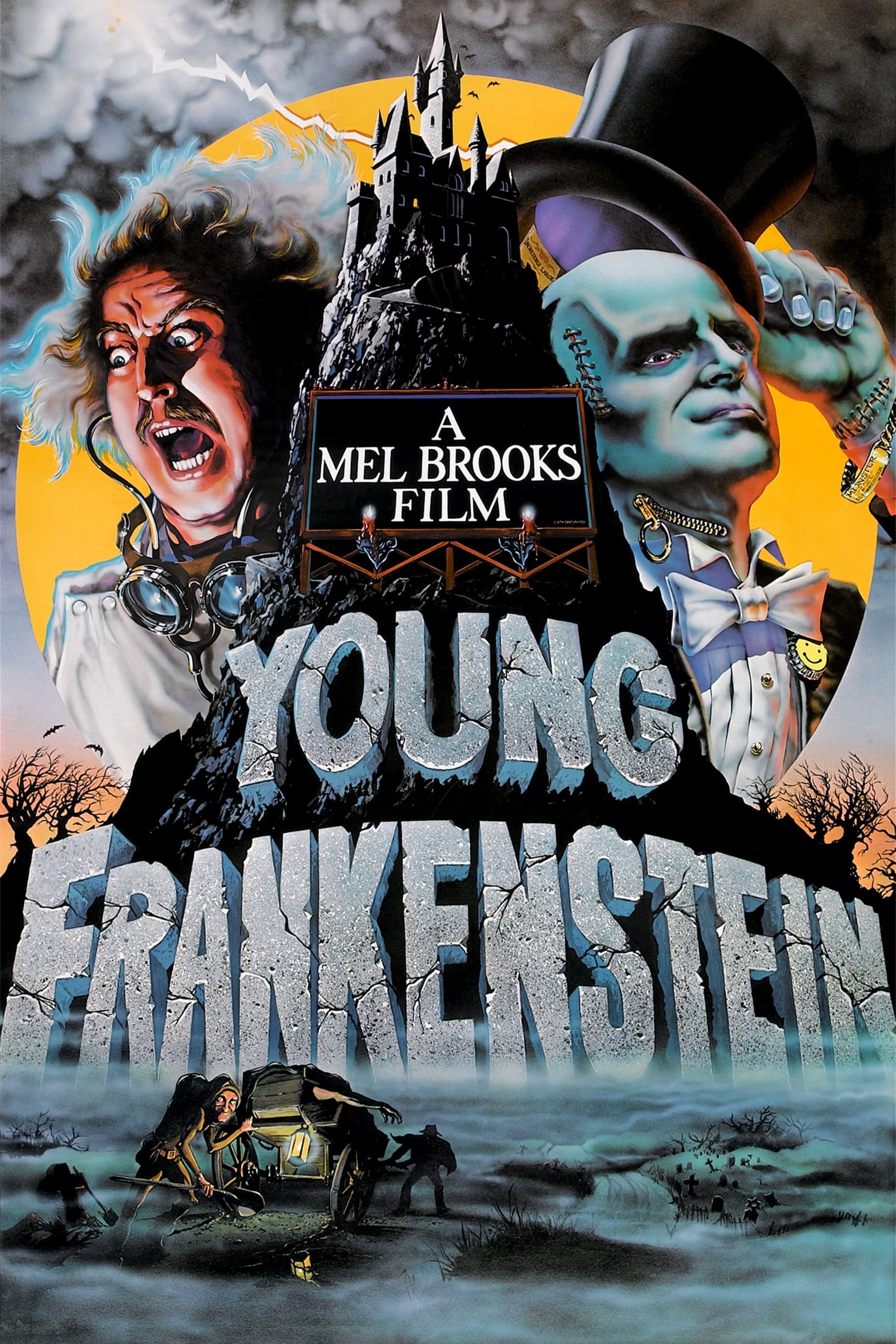
Young Frankenstein
- Release Date
- December 15, 1974
- Director
- Mel Brooks
- Cast
- Gene Wilder, Peter Boyle, Marty Feldman, Cloris Leachman, Teri Garr, Kenneth Mars
- Rating
- PG
- Main Genre
- Comedy
For his parody of classic horror films of the 1930s, beloved songwriting spoof master Mel Brooks went black and white for the hilarious Young Frankenstein. Gene Wilder stars as Dr. Frederick Frankenstein ("It's pronounced Fronkensteen!"), the grandson of Mary Shelley's mad scientist Victor Frankenstein. Wilder is joined by a cast of improv comedy greats, including Teri Garr, Marty Feldman, and Madeline Kahn.
Why Young Frankenstein Is Such a Classic
Young Frankenstein is not only considered to be Mel Brooks's best film, but also one of the funniest comedies ever made. Known for its showstopping Puttin' on the Ritz routine and its endless quotable lines (Igor's "walk this way" inspired the Aerosmith song of the same name), the movie earned over $86 million on a $2.78 million budget and received Academy Award nominations for Best Adapted Screenplay and Best Sound. Young Frankenstein's impact is still going strong to this day, as Brooks adapted it into a successful musical in the mid-2000s.
Stream on Max
4 Eraserhead (1977)
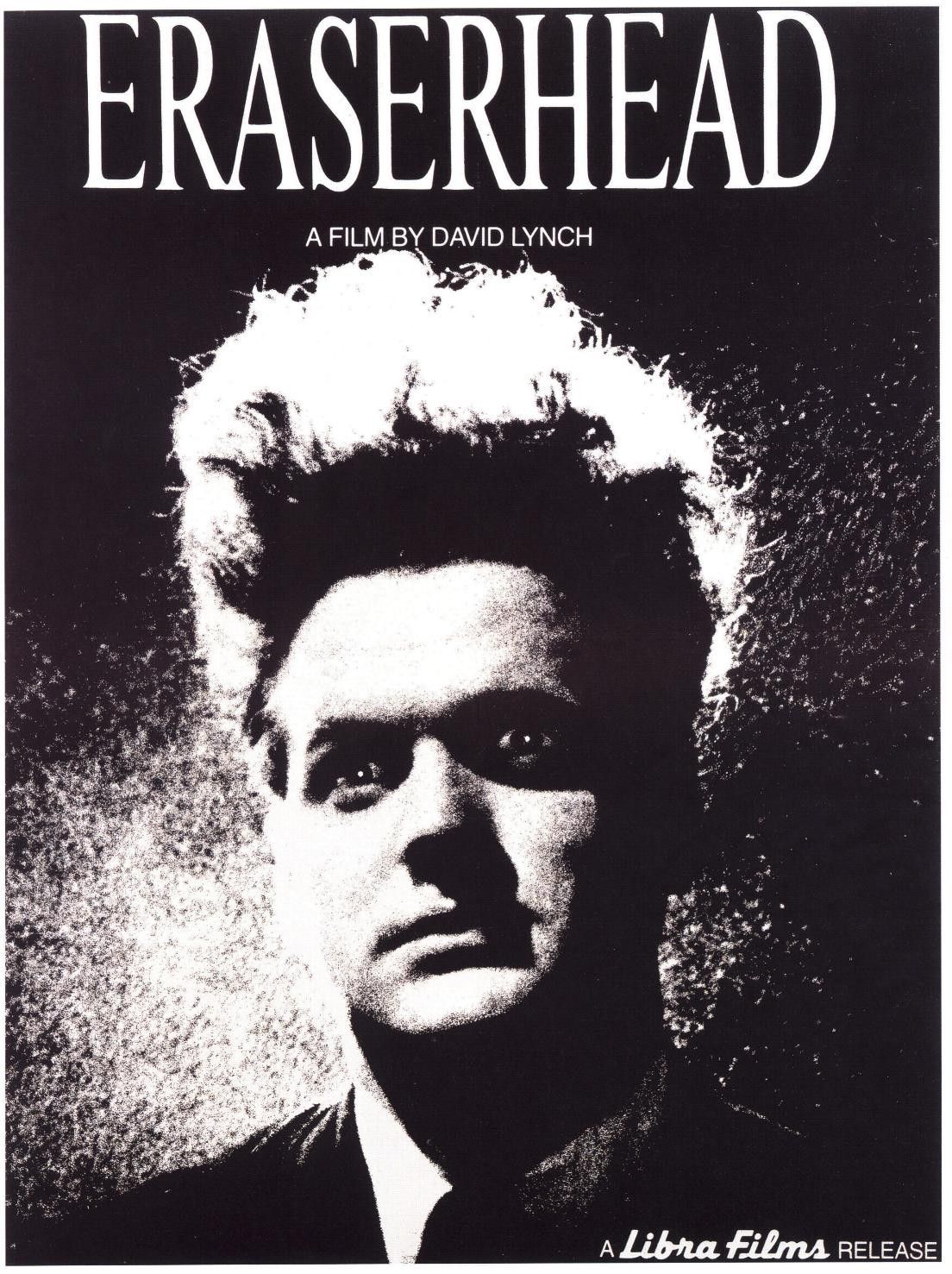
Eraserhead
- Release Date
- February 3, 1978
- Director
- David Lynch
- Cast
- Jack Nance, Judith Roberts
- Rating
- Not Rated
- Main Genre
- Horror
For Eraserhead, his first feature film, David Lynch wore pretty much all the hats: writer, director, producer, editor, sound designer, and even composer. Shot on a budget of just $100,000, the movie offers a dark and twisted look into a new father's descent into madness.
Why Did We Include Eraserhead?
Eraserhead marked an early introduction to Lynch's patented brand of surrealism, and while it wasn't an immediate success, itgained a strong cult following on the midnight movie circuit. Its impact on the body horror subgenre is unquestionable. Even Stanley Kubrick, who openly named Eraserhead as his favorite film, used the movie as inspiration for his 1980 adaptation of The Shining.
Stream on Max
3 The Ascent (1977)
Based on the 1970 novel Sotnikov by Vasil Bykaŭ, The Ascent takes place during World War II in Nazi-occupied Belarus. Ukrainian-born filmmaker Larisa Shepitko (who sadly died in a car accident in 1979 at the age of 41) directed the film about two Soviet resistance members who find themselves on a food-gathering mission during the dead of winter.
Why The Ascent Makes the List
She may not be well-known to Western audiences, but Larisa Shepitko is widely considered to be one of the greatest female directors of all time. For The Ascent, which many point to as her greatest film, she brilliantly uses black and white to convey the wintry harshness and hopelessness in Axis-controlled countries during World War II. Sheptiko earned four awards for her anti-war film at the Berlin International Film Festival.
Stream on The Criterion Channel
2 Killer of Sheep (1978)
Charles Burnett was still a student at the UCLA School of Film when he submitted Killer of Sheep as his Master of Fine Arts thesis. Made on a budget of $10,000, the vignette-style drama portrays the work and family life of a slaughterhouse worker in the Watts neighborhood of Los Angeles.
Why Killer of Sheep Makes the List
As one of the pivotal figures in the L.A. Rebellion film movement, Charles Burnett made films outside the Hollywood norm that depicted the realistic struggle of the Black community in Los Angeles. Killer of Sheep is his first attempt at portraying that struggle, and it is a creative achievement that is still discussed in cinematic circles to this day. Arguably the best student film ever made, Killer of Sheep is an unflinching look at inner-city life in the '70s, and while it took until 2007 for the film to get a theatrical release, its groundbreaking cinematography and documentary-like style earned it widespread acclaim.
Stream on Kanopy
1 Manhattan (1979)
In his film Manhattan, Woody Allen stars as a divorced television writer who struggles with love and dating in the Big Apple. Set to the music of George Gershwin, the movie also features Mariel Hemingway, Michael Murphy, Diane Keaton, and Meryl Streep.
Why Manhattan Tops the List
Allen decided to shoot Manhattan in black and white based on memories he had of New York City as a child, and it's a move that paid off for the writer/director/actor, as it establishes the city as one of the film's characters. Allen's second-biggest box-office hit behind Annie Hall, the movie is regularly listed among the funniest comedies of all time and earned Academy Award nominations for Best Supporting Actress (Hemingway) and Best Original Screenplay.
Rent on Apple TV
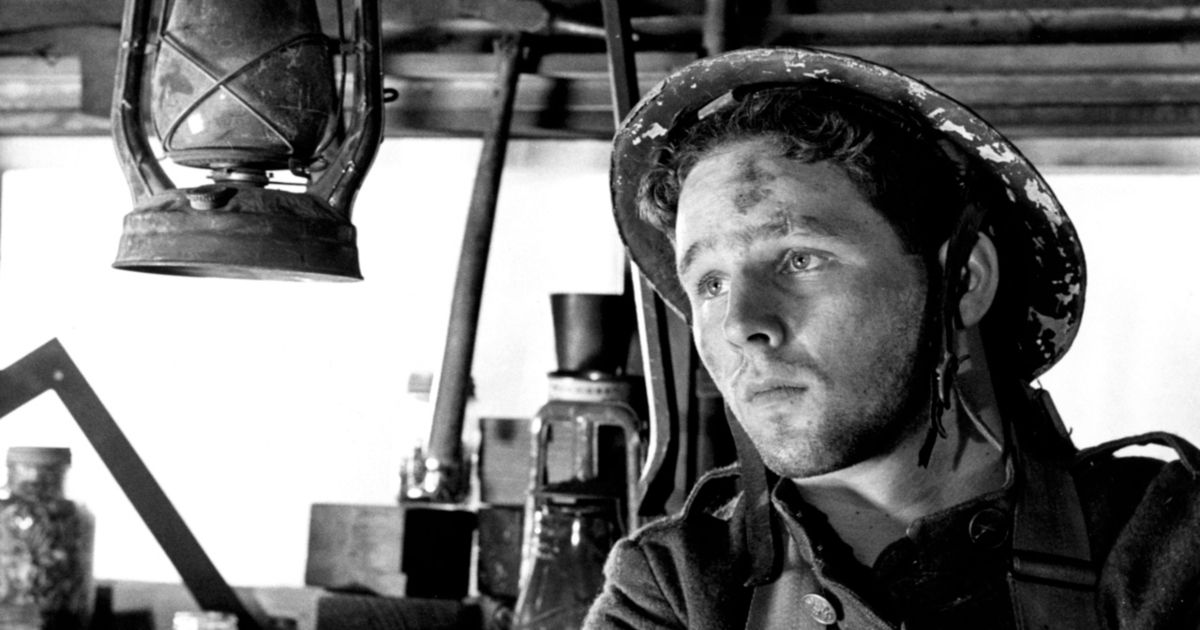
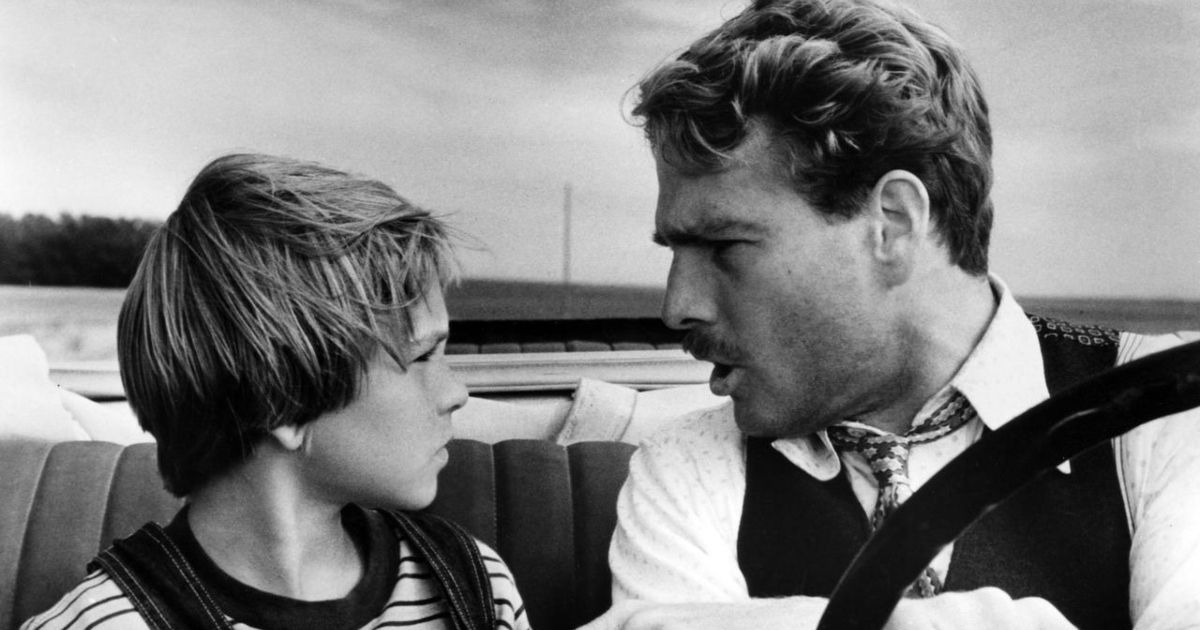
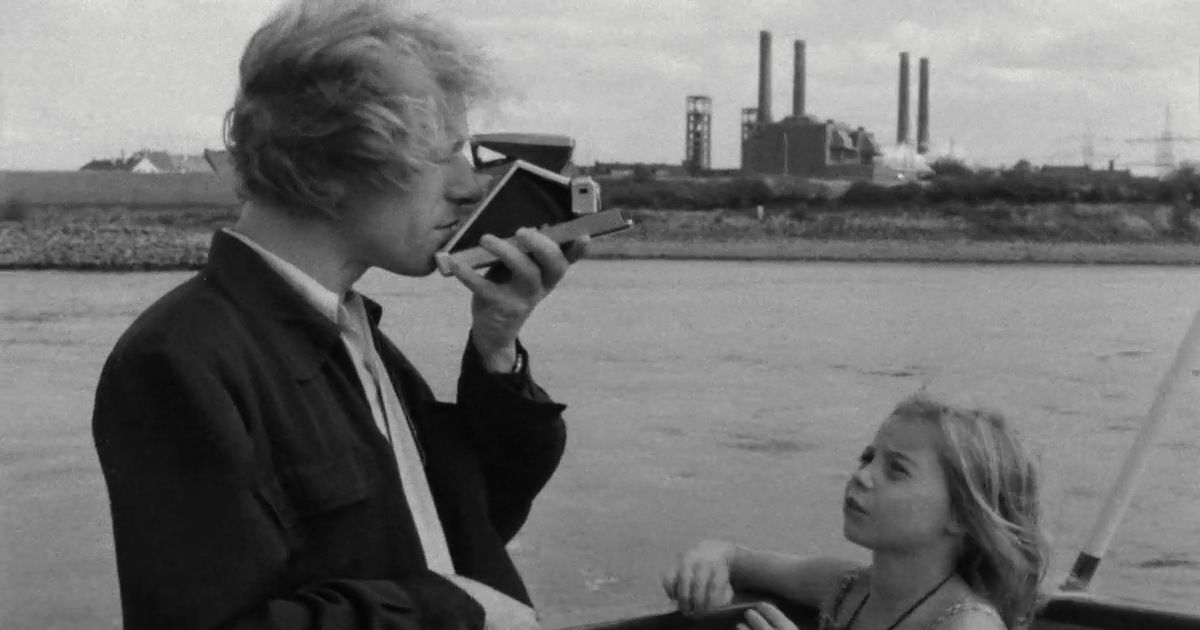
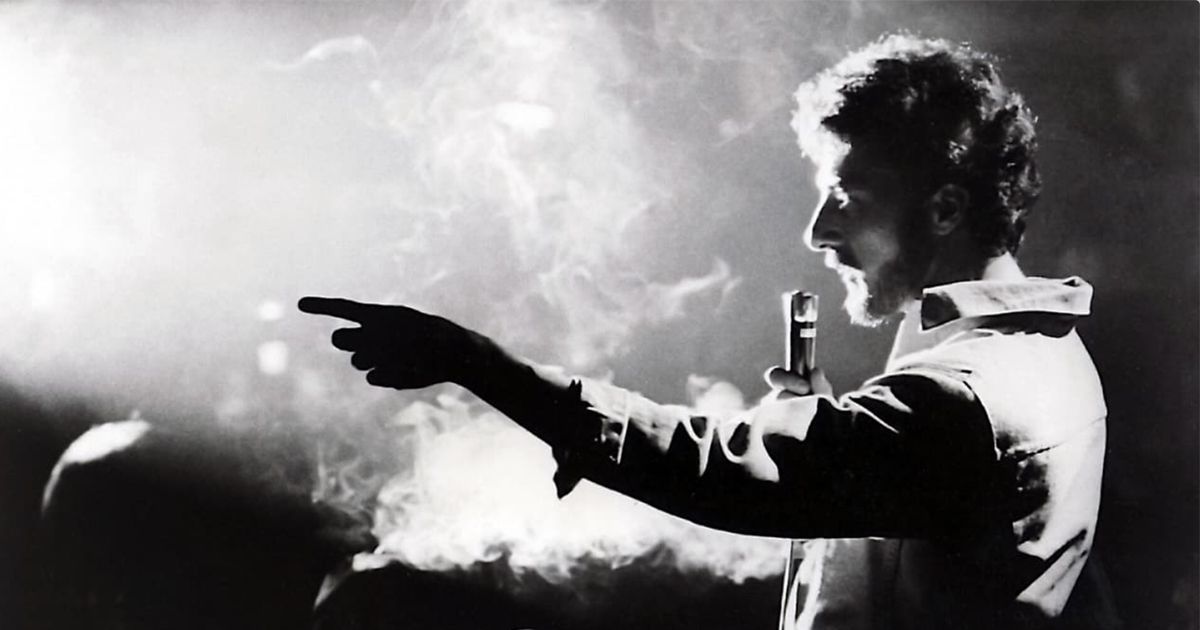
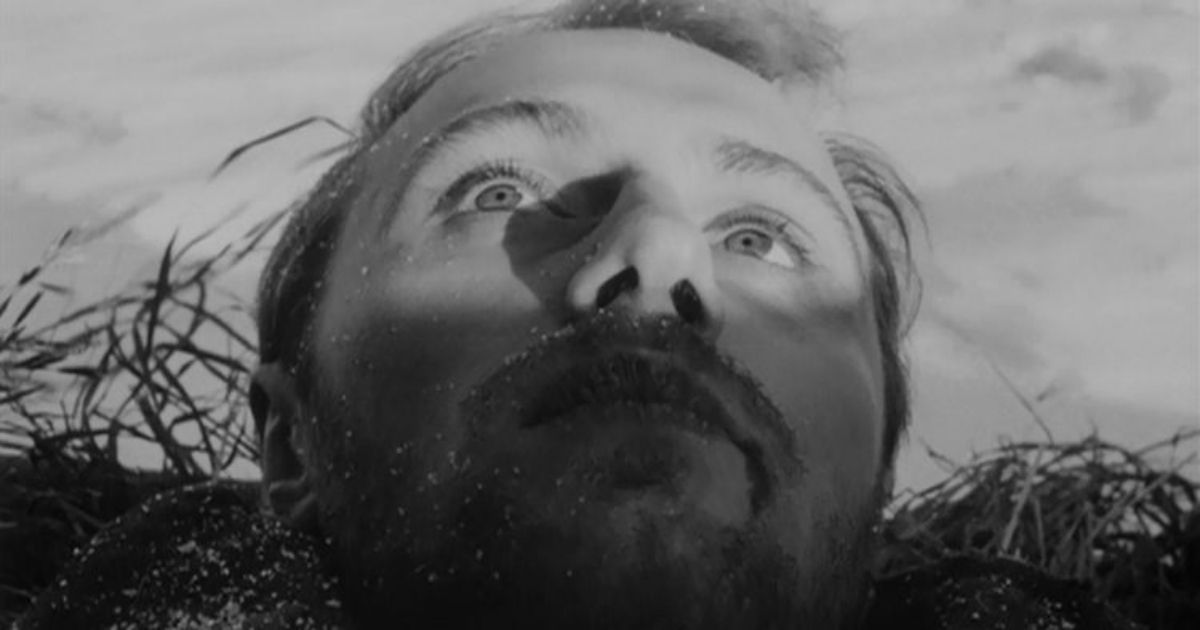
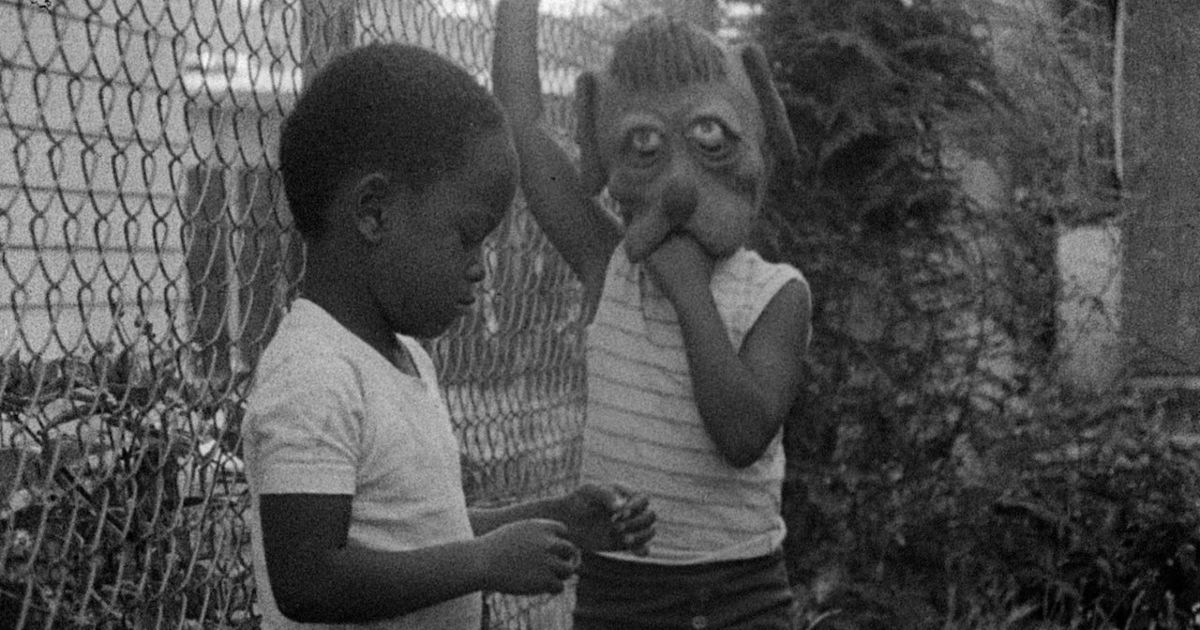
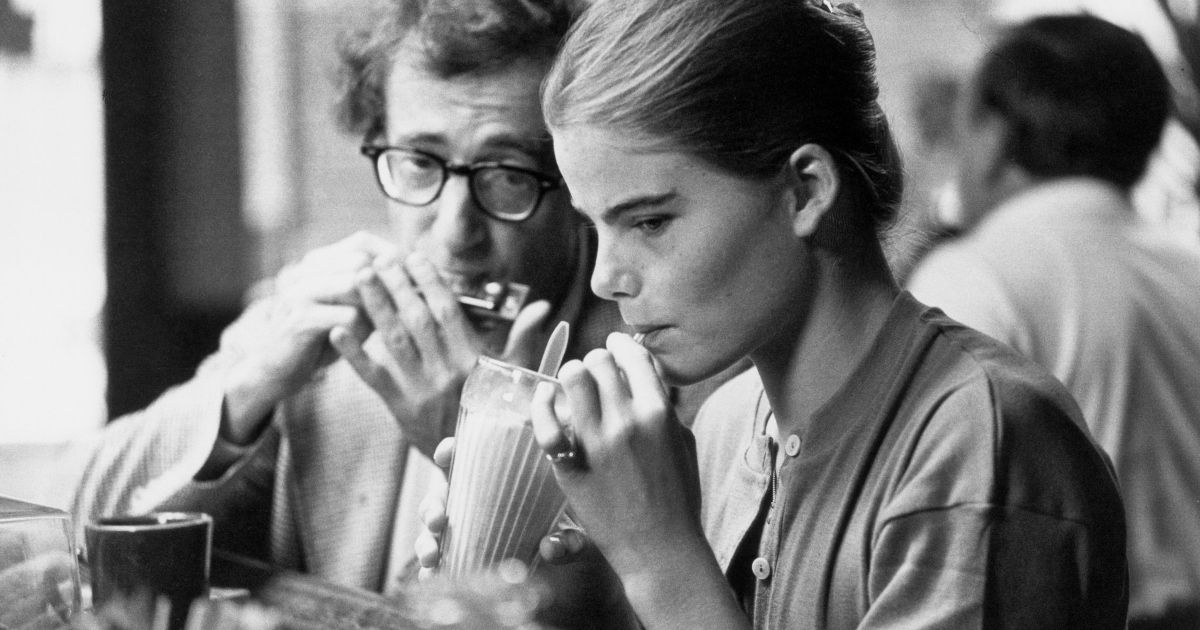
Comments
Post a Comment